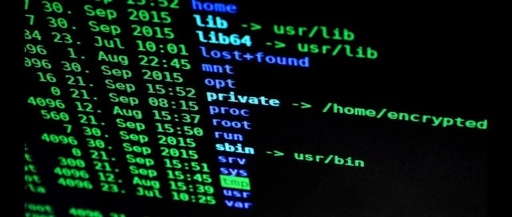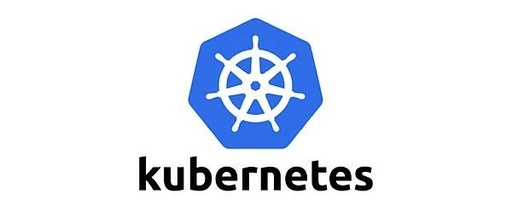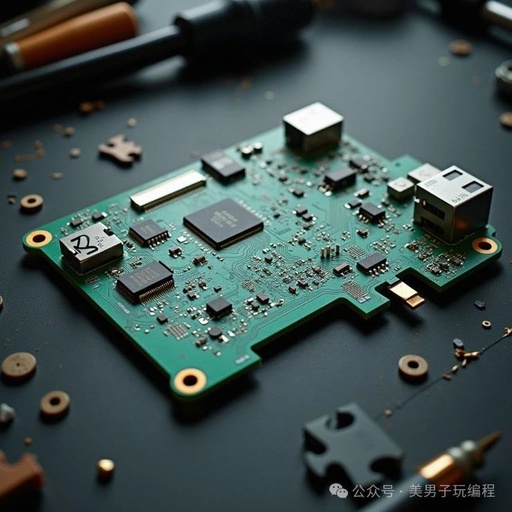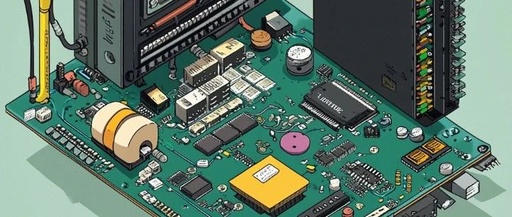C++ Destructor: Proper Resource Release and Object Destruction
C++ Destructor: Proper Resource Release and Object Destruction In C++, resource management is an important aspect of program design. To effectively manage dynamically allocated memory and other system resources, we need to carefully consider the lifecycle of objects. In this process, the destructor plays a crucial role. This article will provide a detailed introduction to … Read more








